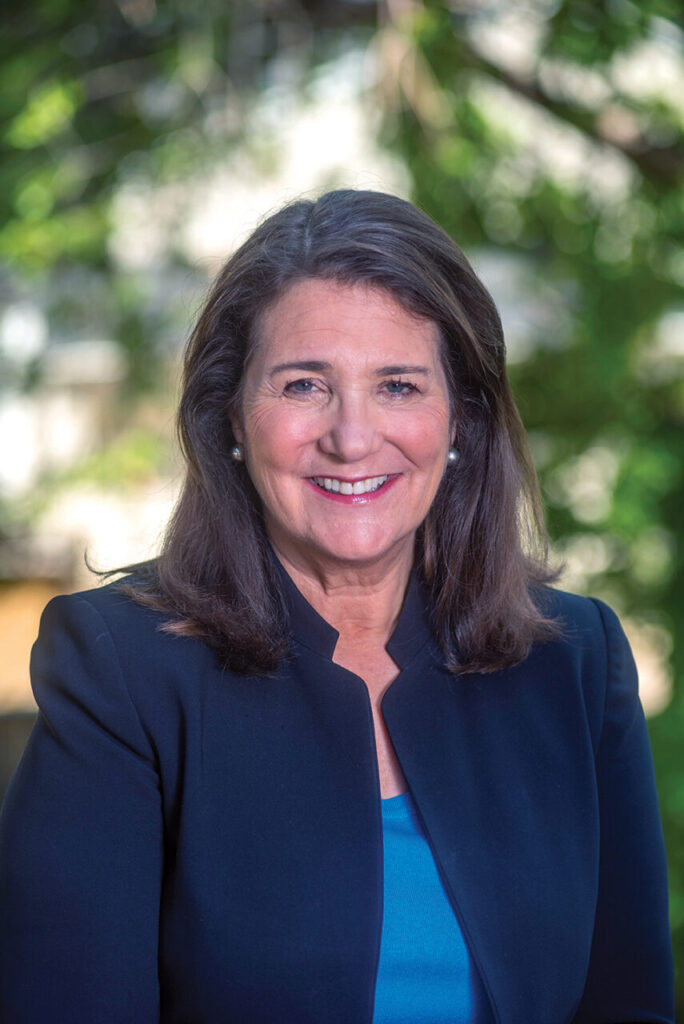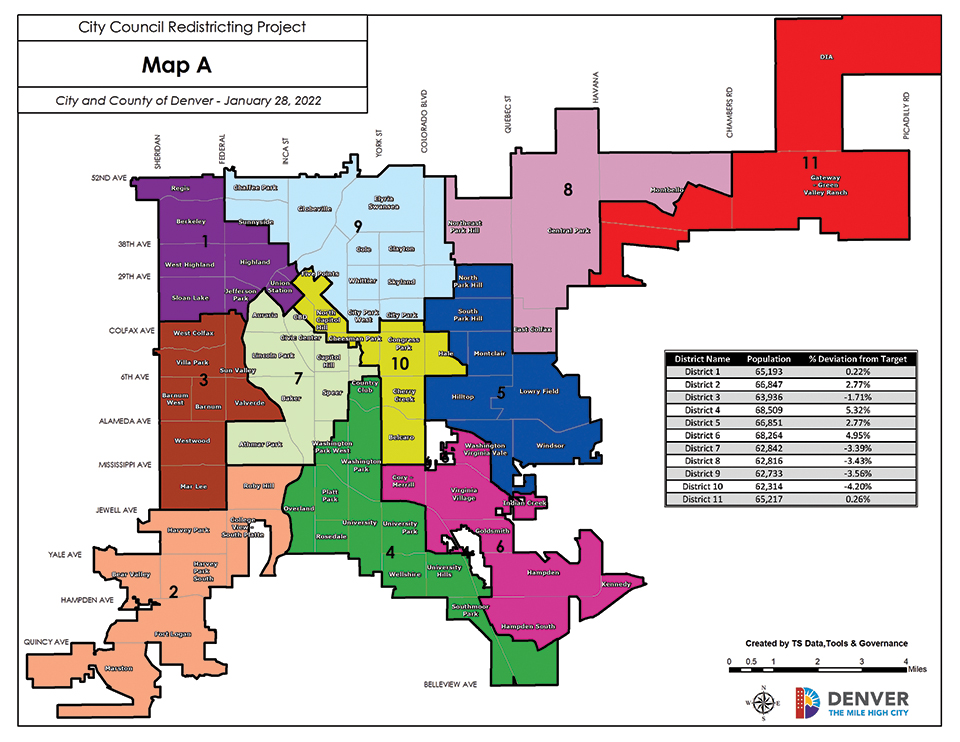
After months of various stay-at-home orders and travel restrictions to help slow the spread of COVID-19, the world’s economies are starting to ramp back up. Factories and businesses – both across the country and around the globe – are coming back online as more and more people are starting to travel once again.
As manufacturing activity across the country continues to rise so, too, does the amount of pollution some of these facilities create. For communities like Globeville and Elyria-Swansea, this increased activity poses a direct threat not only to our environment, but to the health and well-being of the nearly 11,000 residents who live there.
For years, the individuals and families living in these two north Denver communities have been suffering from unusually high levels of pollution. Located between two major interstates, adjacent to a busy railyard, and surrounded by some of the area’s largest industrial facilities, these two predominantly Hispanic neighborhoods are often the most affected when our environmental laws are skirted or broken. And, sadly, they’re not alone.
In nearly every state across the country, there are low-income or predominantly minority communities suffering from unacceptably high levels of pollution – and every single one of them deserves our immediate help. Data shows that when our nation’s environmental laws are not properly followed or enforced, it is the poorest among us who suffer the most.
In, or around, many of these communities, there are facilities – like Suncor’s oil refinery located near Globeville and Elyria-Swansea – that have been cited hundreds of times over the years for violating our environmental laws, but have never once had their permits revoked as a result. Ensuring these facilities are doing everything they can to protect the residents who live nearby should be a top priority for all levels of government – but doing so, alone, will not fully alleviate the harm that’s being caused to so many communities here in the U.S.
For communities like Globeville and Elyria-Swansea, the cumulative effect of having so many sources of pollution all around them – even if every one of them was operating within its legal limits – would likely still have a detrimental effect on the health of the residents who live there. That’s why, we must go further.
“Environmental justice” should be more than just a catchphrase, it should be our collective mission.
In an effort to better to protect the communities that have been forced to bear the brunt of this crisis for far too long, I have introduced legislation that would not only crack down on facilities that are frequently violating our nation’s environmental laws, but would also require EPA to consider how multiple sources of pollution are impacting a community.
If approved, my legislation would require EPA to identify 100 low-income or predominantly minority communities across the country that are currently suffering from high levels of pollution and work directly with local officials to clean them up.
It would also require the agency to identify the facilities in and around these communities that are consistently violating our nation’s environmental laws and put a stop to it.
And, it would – for the first time – require EPA to address the cumulative effect that multiple sources of pollution can have on a community; and develop new standards to keep residents safe.
While current law requires regulators to evaluate how the emissions from a single facility could impact the health of those living nearby, it does not require them to take into account how multiple sources of pollution, all operating at the same time, could impact the health of residents there.
My legislation would change that.
While we were able to get this important legislation voted on and approved by the House in 2020, it was never called up by the Senate for a vote. Now, with factories and facilities across the country once again coming back online, the need to get this legislation to the president’s desk has reached a new level of urgency.
Every family in this country – no matter where they live, where they’re from, or how much money they make – deserves clear air to breathe, clean water to drink, and a safe environment to call home. No community should be forced to suffer from the amount of pollution that Globeville and Elyria-Swansea are currently surrounded by.
“Environmental justice” should be more than just a catchphrase, it should be our collective mission. And we should all be working together to make it a reality for every single community in this country.




Be the first to comment